You Spin Me Right Round
In which Norm makes an exception and reviews a movie you can only watch on streaming: THE GREATEST HITS. He has his reasons.
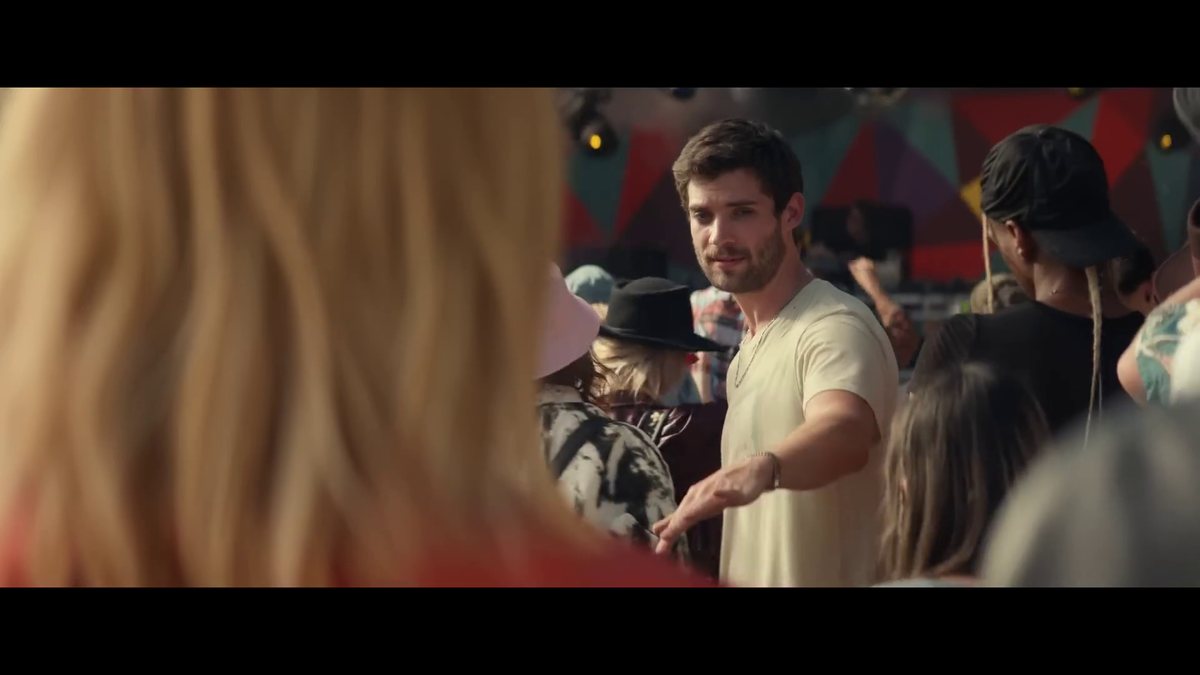
I rarely review streaming programming in this newsletter unless said programming makes it onto Blu-ray or 4K; it keeps the flow of new titles reasonably manageable, which is something that’s increasingly important at this point in time.
But in the case of The Greatest Hits, a Searchlight Pictures drama that dropped on Disney+ and Hulu yesterday with no physical edition in sight, I’m making an exception. That’s because this is Ned Benson’s new movie, and you need to know about it.
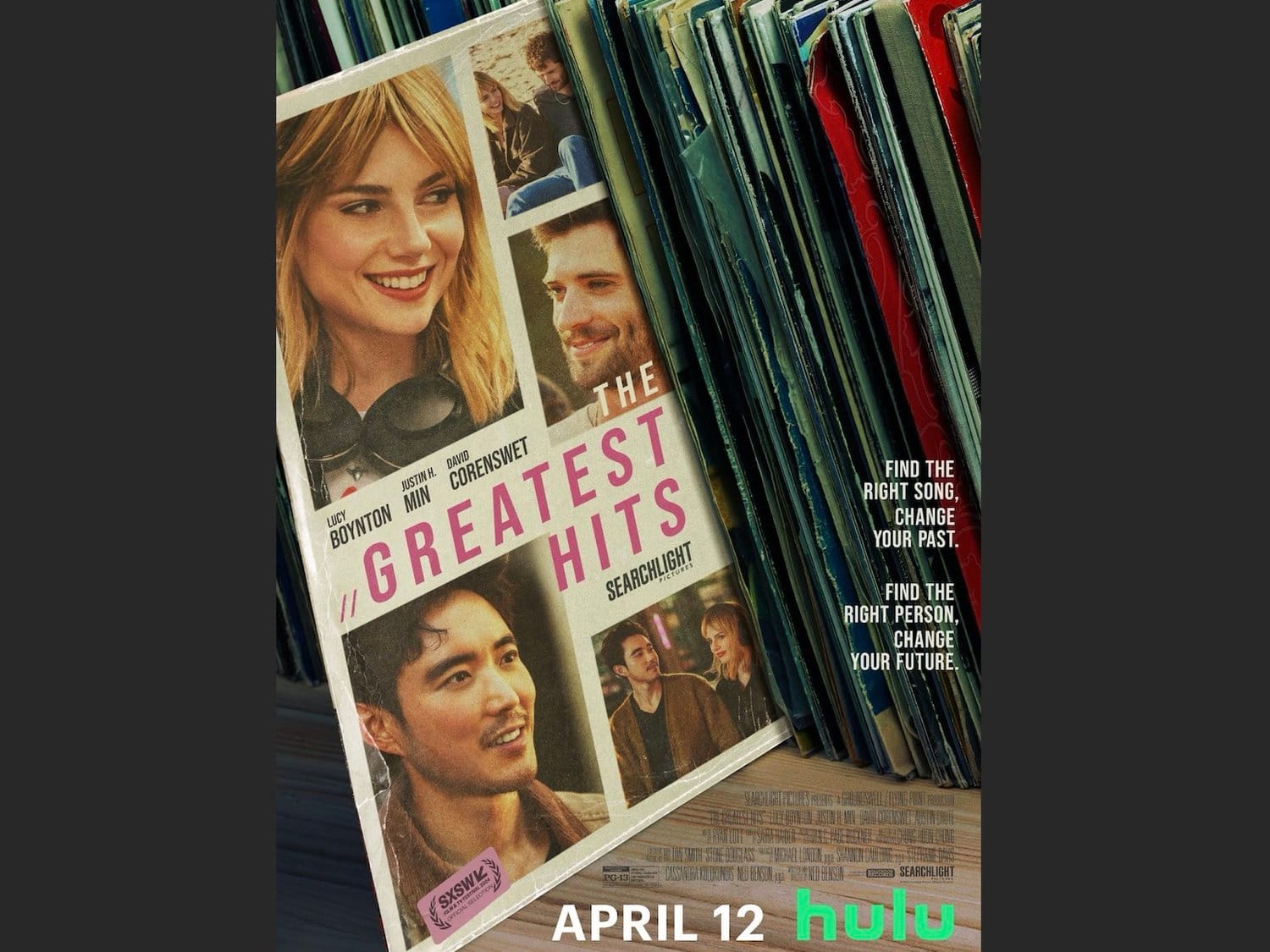
As pretty much the only person who thinks The Disappearance of Eleanor Rigby was one of the best films of the last decade – at least in the version that premiered at TIFF in 2013 – I have been waiting for Benson’s follow-up for a decade. And while The Greatest Hits doesn't have the focus and devastating emotional impact of that devastating, thrilling masterpiece … you know, it’s pretty damn good.
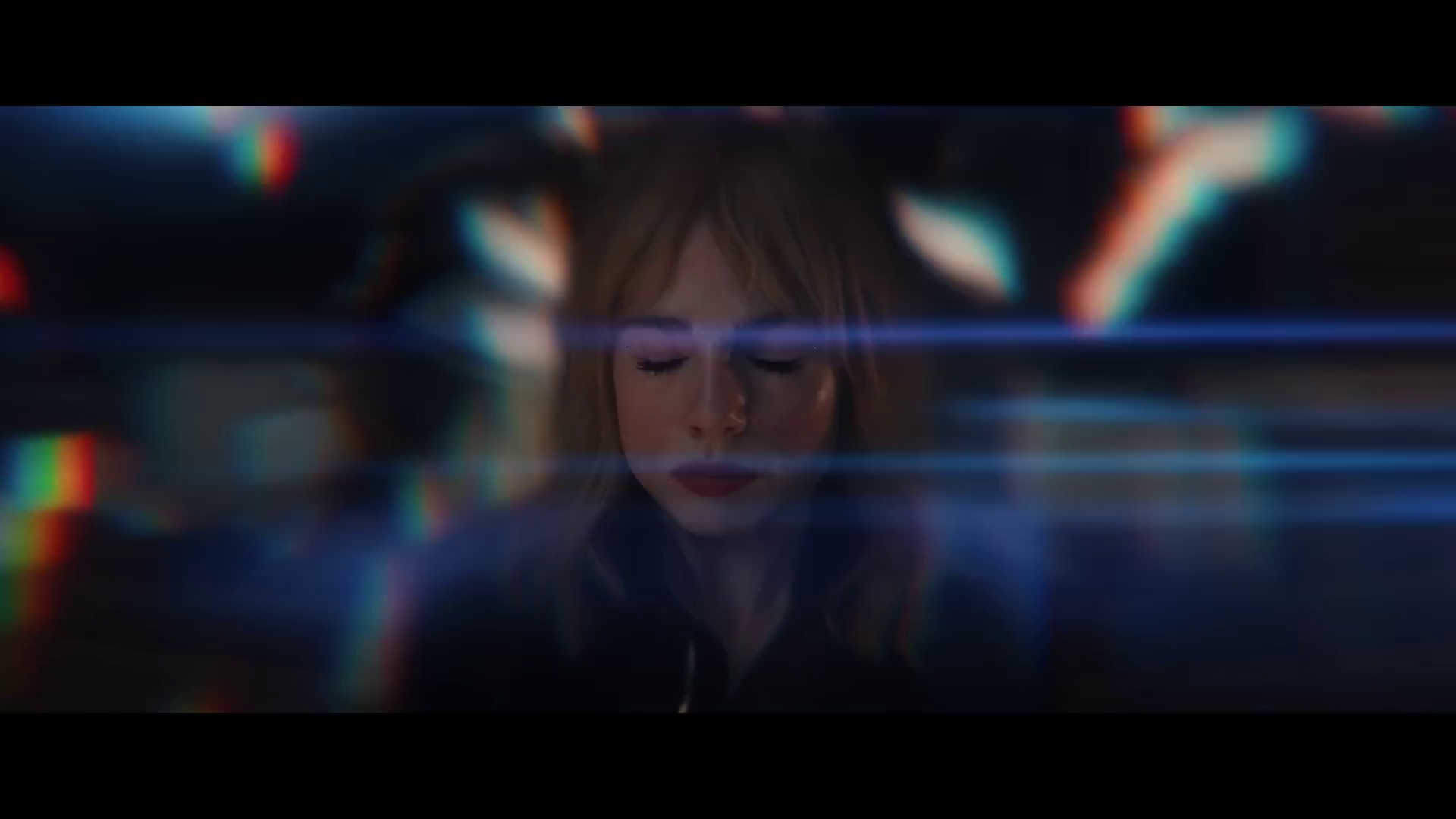
Two years ago, Los Angeles library worker Harriet (Lucy Boynton) lost her boyfriend Max (David Corenswet) in a car accident. Harriet was in the wreck as well, and the crash left her with a debilitating and unique condition: When she hears a specific song, she can travel back in her own life to the moment she first heard it. For the length of the song, she is present in the past, able to change what she did in those moments. And now, of course, she’s obsessed with finding the track that will let her prevent the crash – creating a mixtape of their life together in order to save it.
To anyone watching in the present, it looks like Harriet is having a seizure, so she has to be very careful about when, where and how she exposes herself to music. This means more or less isolating herself from all unpredictable situations, which has resulted in a very lonely couple of years. Other than her friend Morris (Austin Crute), who’s been helping her fine-tune her ability, the only human contact Harriet allows herself is a grief counselling group, which doesn’t really help that much if you’re convinced grief is something that can be erased if you just try hard enough. But then she meets David (Justin H. Min), a sweet guy who’s trying to get over the deaths of his parents, and Harriet finally has a reason to think about moving forward instead of backward.
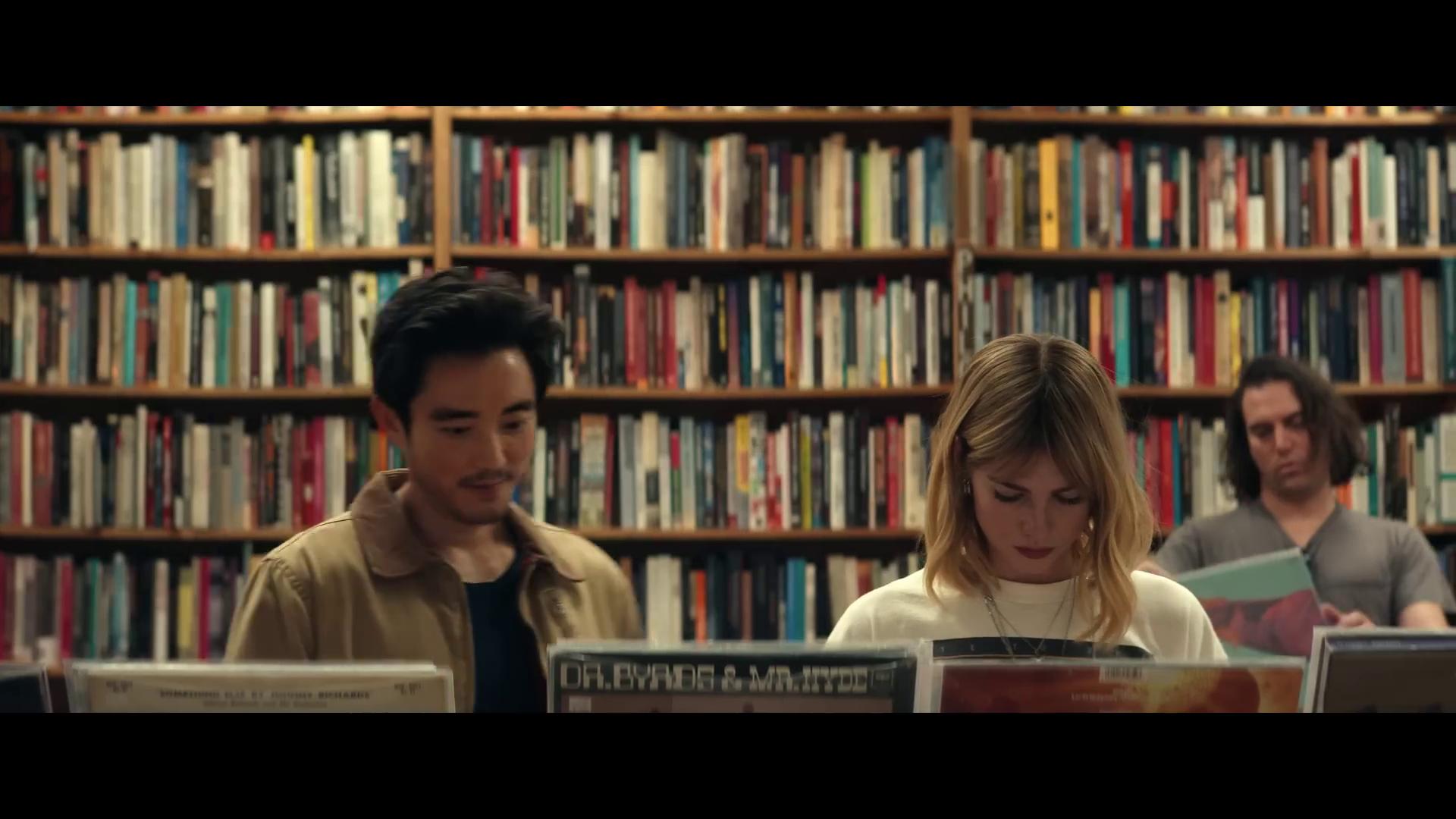
If she wants to.
The conceit is a wild swing, building just a little extra on top of music's ability to trigger memories – what if a song literally took you back in time? – but Benson finds a way to sell it: We’re dropped into the phenomenon already in progress, establishing the stakes for Harriet and Max swiftly and efficiently and yes-anding each potential audience question or logical obstacle. You have to buy in, because this is a kind of fantasy, but it’s also an exquisite metaphor for grief, and the way our lives become elastic after a devastating loss.
There’s a version of this where Harriet’s situation is just a metaphor, and her time-travel is a desperate, delusional attempt to hold on to something that’s gone forever … but Benson doesn’t take that road, instead plunging forward into something raw and wonderful and deeply, deeply felt. This is real, this is happening to Harriet, and we’re right next to her, with Lucy Boynton folding a convincing American accent into her aching portrayal of a young woman who’s given up everything she could be in the hopes of getting back to the person she was.
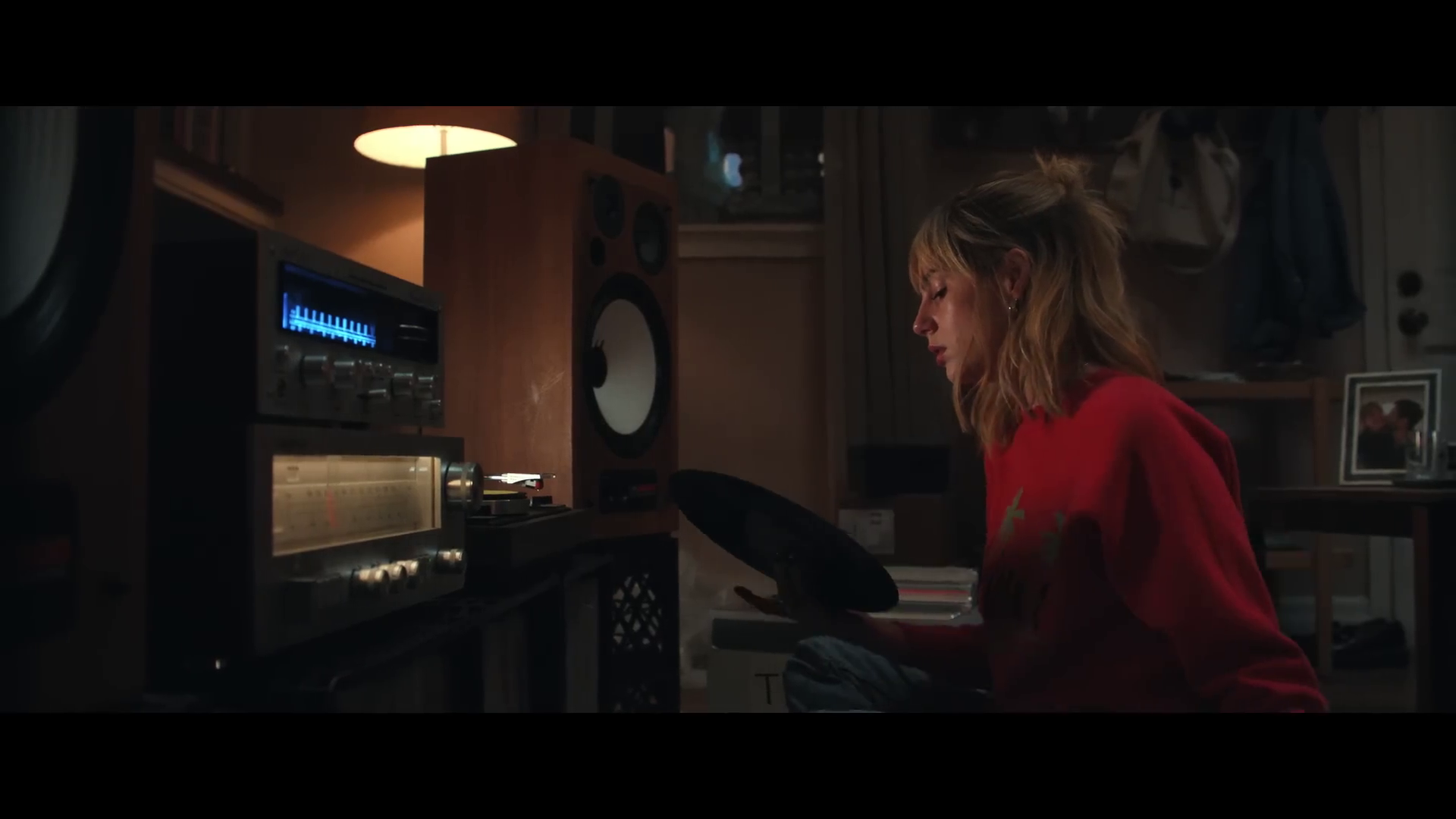
Liner note: I am ashamed to admit that I never recognize Boynton from one role to the next. It wasn’t until the credits rolled that I realized she was the same actor from Sing Street and Bohemian Rhapsody – and yes, those are movies where she’s a) very good and b) virtually the only woman in the movie. I also briefly thought Corenswet was Henry Cavill … which might explain why James Gunn has cast him as his new Superman. I did know who Min was, having loved him in After Yang, so give me some credit.
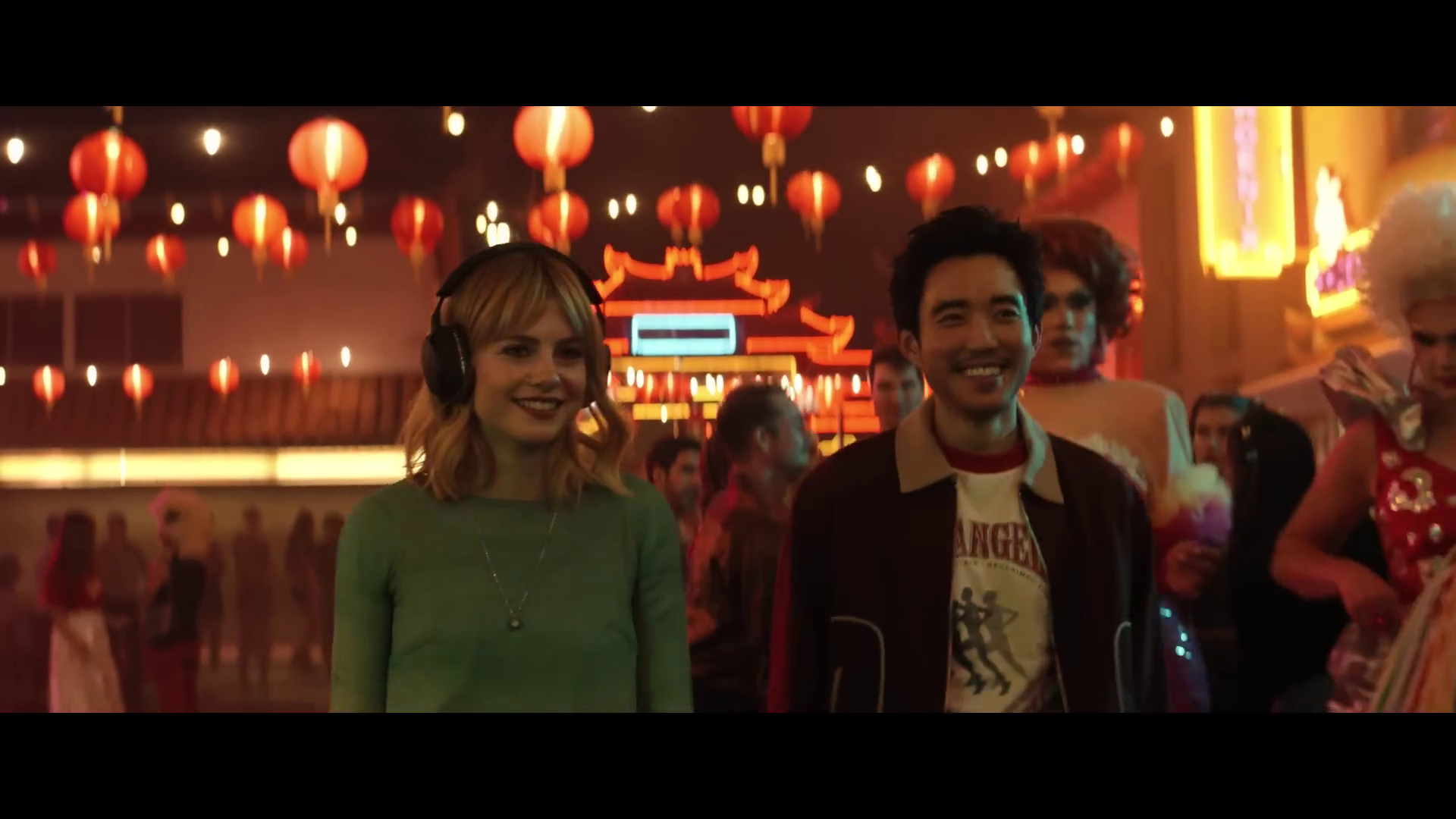
All three actors are very well cast, as is Crute as voice-of-reason Morris, but this is very much Harriet’s story. Boynton is in every scene, navigating the various versions of Harriet over the years through different looks, different physicalities, different highs and lows. Even her smile has variations, going from something she shares easily and often – and lighting up a room when she does so – to something more furtive and private, leaking out when she doesn’t want it to. The Greatest Hits is a boppier and speedier film than The Disappearance of Eleanor Rigby, but it’s no less precise a character study.
Indeed, it becomes clear that Benson’s new film is very much in step with its predecessor in its exploration of broken hearts and inescapable grief, and even in its use of time-shuffling to give us snapshots of a couple's entire relationship. The story is obviously radically different, and dares to consider an opposite thesis from Rigby: Maybe it’s better not to have loved and lost than never to have loved at all. But these characters are younger and more elastic. They'll figure it out.
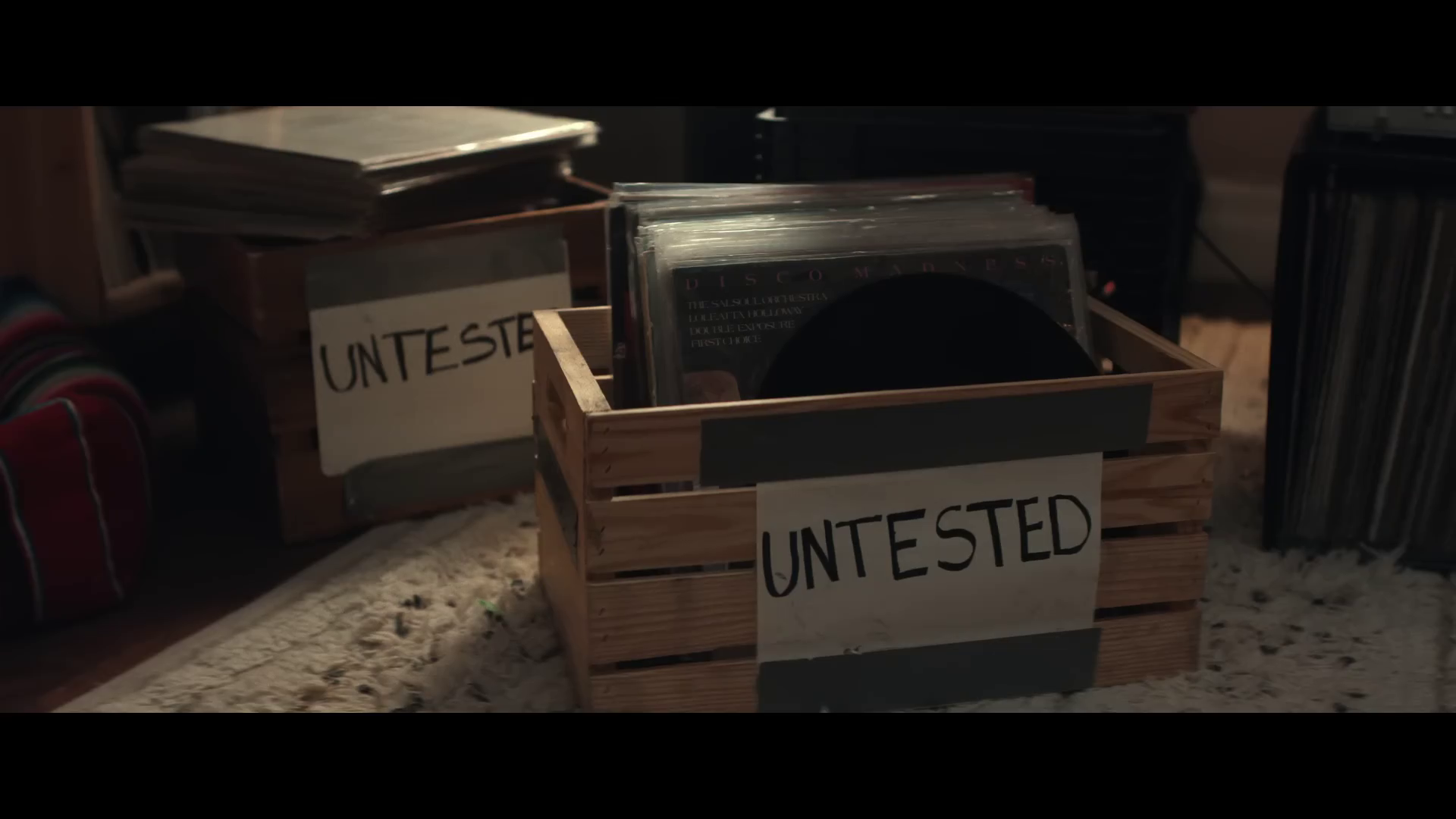
The Greatest Hits is now streaming on Hulu in the US and on Disney+ everywhere else. Maybe someday it’ll turn up on disc, but don’t wait.
